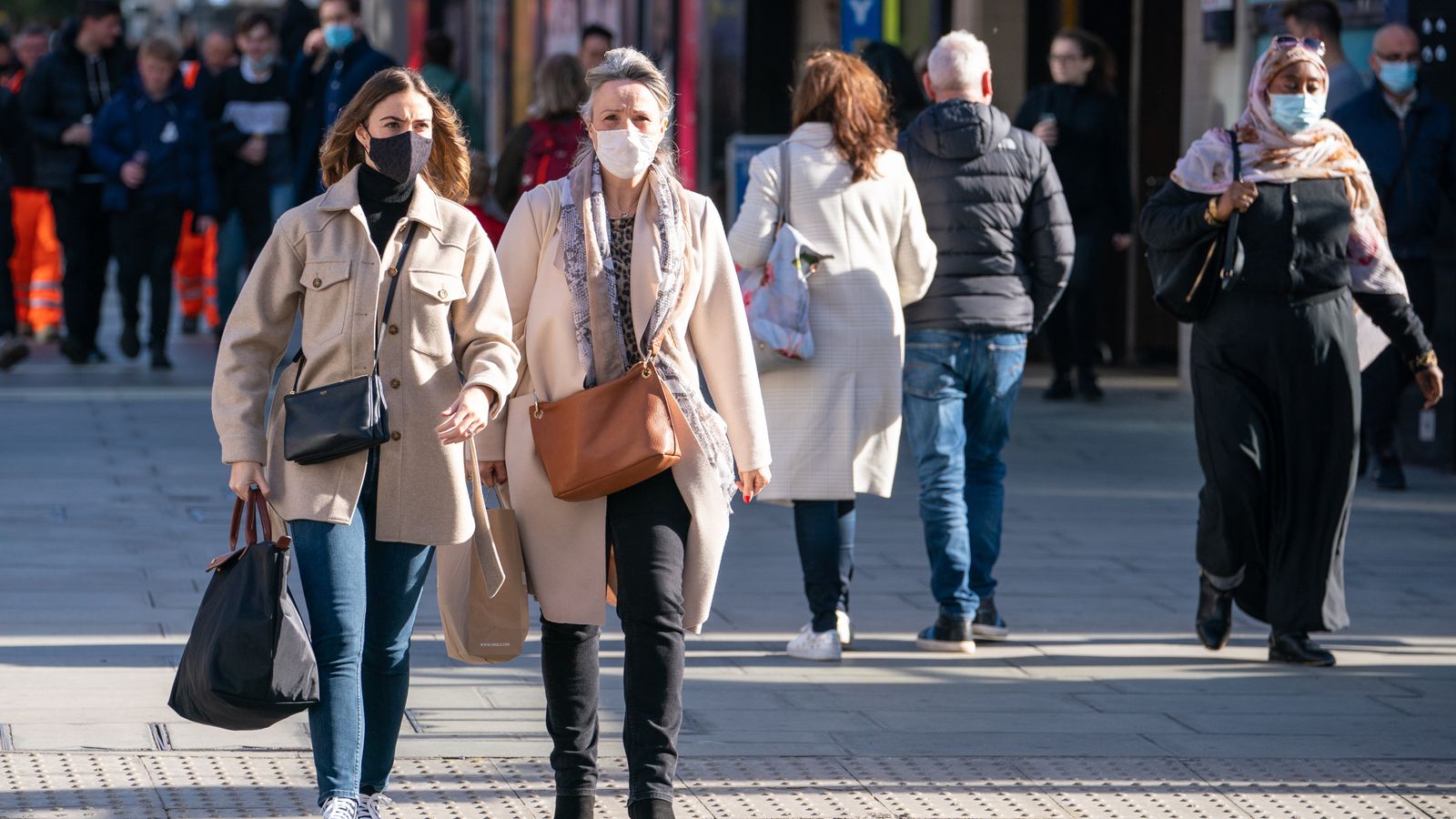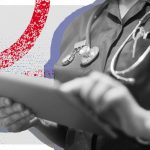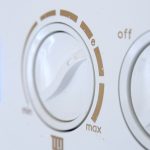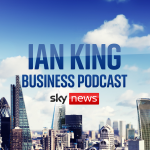Britain’s economic growth slowed in the third quarter as GDP edged closer to pre-pandemic levels, according to official figures.
Gross domestic product (GDP) expanded by a slightly weaker than expected 1.3%, down from 5.5% in the second quarter, according to the Office for National Statistics (ONS).
A monthly breakdown of the data suggested that in September, GDP was just 0.6% shy of its level in February 2020, before the pandemic struck.
Please use Chrome browser for a more accessible video player
But for the quarter as a whole, growth in the dominant services sector – representing four-fifths of output – was held back by weak consumer spending, with successive declines in retail sales.
Easing restrictions and the reopening of the economy helped sub-sectors such as hotels and restaurants – up 30% – and arts and entertainment – which grew by 19.6%.
But the manufacturing sector – where car factories have been hit by a global shortage of semiconductor chips – and construction – which saw higher input prices and delays to the availability of some products – both contracted over the period.
Chancellor Rishi Sunak said: “The economy continues to recover from COVID and thanks to schemes like furlough, the unemployment rate has fallen for eight months in a row and we’re forecast to have the fastest growth in the G7 this year.
Elon Musk sells Tesla stock worth $5bn after promising to abide by Twitter poll
US inflation hits highest level since 1990 at 6.2% as food and fuel prices surge
M&S hails turnaround as it returns to profit but sees supply chain and labour cost strains ahead
“As the world reopens we know that there are still challenges to overcome.”
But Bridget Phillipson, Labour’s shadow chief secretary to the Treasury, said: “This morning’s GDP figures confirm that the economic recovery is slowing and risks grinding to a halt.
“We need urgent action to keep the economy moving and support households as we head into the winter, as prices rise and as the cost of living crisis continues to escalate.”






















